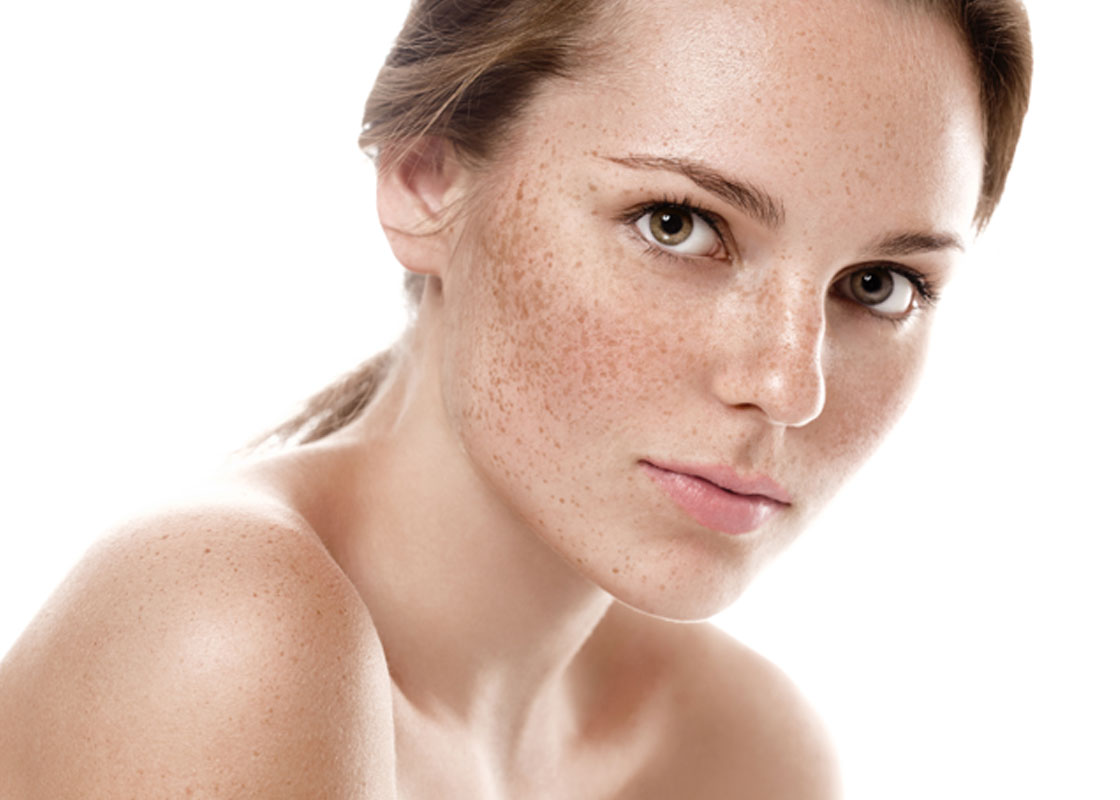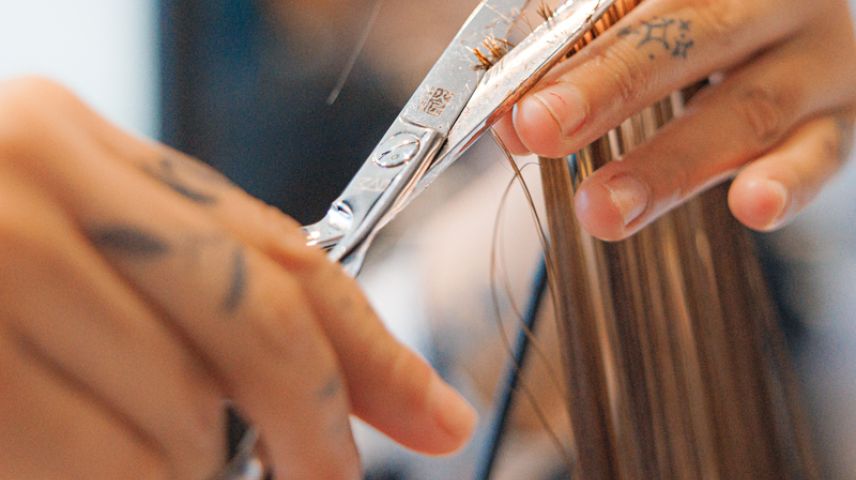Pigmentation

Pigmentation simply means ‘colouring’. Special cells within our skin make melanin, which is where our skin gets its pigment from. But when these cells become damaged or unhealthy, it affects melanin production and can cause pigmentation disorders that affect patches of our skin.
Common types of pigmentation are:
- Sun spots, brown spots and sun damage - This is often seen as uneven skin tone and is characterised by patches on the face, hands, décolletage and shoulders. Often caused by overexposure to the sun over a period of years, this is one of the easiest forms of pigmentation to treat.
- Freckles - Freckles are thought to occur through genetic tendency and sun exposure – fading in the winter and then becoming more prominent in the summer. They can be found pretty much anywhere on the body, but occur mostly on the face, upper back and shoulders.
- Melasma - Melasma is commonly found on the face, normally in a symmetrical pattern, on the forehead, nose and cheeks. Melasma more often than not affects females with darker skin tones, but it can also affect both sexes and all races.
There are many reasons as to why we may develop skin pigmentation including hormonal changes, overexposure to the sun, genetic factors and injury or trauma. The ways in which pigmentation can be treated include:
Prescription creams
Prescription creams often contain retinol and can help the skin shed pigmented cells. Don’t expect instant results though, as it can often take weeks or months to take effect.
Microdermabrasion
Microdermabrasion removes the surface layer of the skin. It is pain-free and fairly safe, but be warned, if used to vigorously it can cause more pigmentation.
Chemical peels
Chemical peels involve the use of a chemical such as glycolic acid that is applied to the skin to cause the top layers to shed. It can be great for mild discolouration.
Lasers
Lasers penetrate into the skin’s layers causing a spiking effect, which makes darker skin turn over more quickly. Lasers can be uncomfortable and a few treatments are often needed to see real improvement. It should also only ever be carried out by a trained professional who is registered with the Healthcare Commission.
IPL
IPL is not as powerful as a laser, but it still needs a professional to use it. IPL is good on lighter skin tones and gives the same results as a laser treatment, but can take much longer.
Creams
There are plenty of creams available to buy that can help with pigmentation and improving the overall texture and tone of the skin, such as Indeed Labs Pepta-Bright (£29.99), Clinique Dark Spot Corrector (£42.00), Shiseido Intensive Anti-Spot Serum (£74.50) and Philosophy No Reason to Hide Serum (£48.00).





